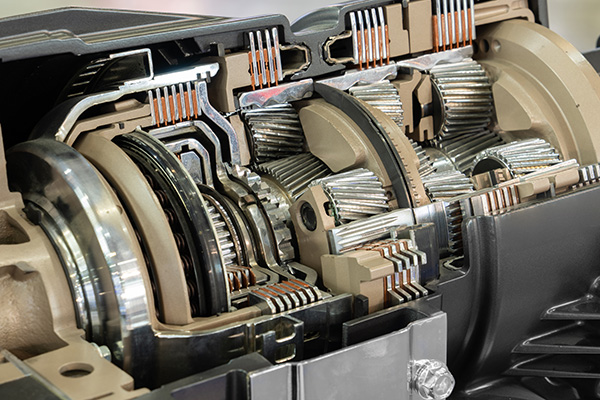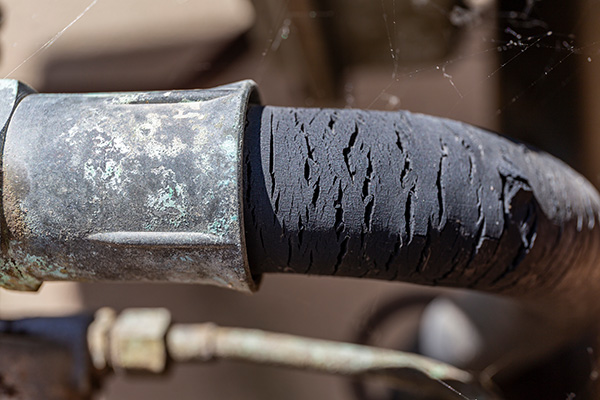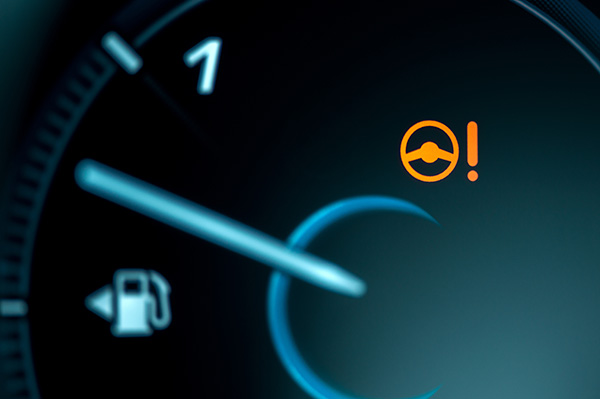Posted on 11/28/2025

Holiday drives stretch attention, compress schedules, and pile on dark hours behind the wheel. Fatigue does not always feel like “sleepy.” It often shows up as slower reactions, sloppy lane placement, and missed cues. Here is how tired driving changes risk and what you can do to keep focus steady on long trips. Why Long-Haul Fatigue Creeps In Extended sitting lowers circulation and core temperature. Cabin heat and steady engine noise relax the body, while nighttime driving reduces visual detail and forces your eyes to work harder. Big meals and sugary snacks create energy highs followed by dips. We often see drivers underestimate how much the highway hypnotizes them after just a couple of hours. The Subtle Driving Errors Fatigue Causes Tired drivers fixate on the center of the lane and stop scanning mirrors. Braking becomes late and firm instead of smooth and early. Micro-corrections fade, so the car drifts toward reflectors, then snap ... read more
Posted on 10/31/2025

A healthy transmission should shift smoothly, hold gears without slipping, and respond the same way every day. When things start to feel off, the warning signs are usually small at first. You might notice a delayed engagement when shifting from park to drive, a flare in engine speed between gears, or a new sound that was not there last month. Catching these clues early keeps repair costs down and helps you avoid a tow. Here are five problems we often see, how they show up, and what you can do about them before they turn into major work. 1. Delayed Engagement After Selecting Drive or Reverse You move the shifter, a second passes, then the vehicle finally moves. That delay is your first hint of low line pressure or an internal seal that is not holding pressure like it should. Cold mornings make this more noticeable because fluid is thicker. If the delay grows longer over a few weeks, or you need more throttle to get moving, have the fluid level and condition checked s ... read more
Posted on 9/26/2025

You might not notice them at first glance, but those rubber hoses under the hood play a vital role in keeping your vehicle running smoothly. They carry engine coolant, vacuum pressure, fuel vapor, and more. Over time, heat, pressure, and age cause them to crack, bulge, or leak. Ignoring them can lead to breakdowns, overheating, and serious engine damage. If a hose gives out while you're driving, your car may lose coolant rapidly or stall without warning. What Do These Hoses Do Under the hood, there are several types of hoses, each serving a specific purpose: Coolant hoses move antifreeze between the radiator and engine Heater hoses carry warm coolant to your cabin heater core Vacuum hoses help control sensors and components like the brake booster Fuel vapor hoses are part of your emissions system Each one is essential for your vehicle’s daily operation. When any of them fail, even a small crack can turn into a big problem. Signs That a Hose Is ... read more
Posted on 8/29/2025

Taillights may not seem important, but they are needed for road safety. They let other drivers know where your vehicle is in low light, fog, or heavy rain. Brake lights built into the taillight assembly also signal when you are slowing down or stopping. When taillights stop working, it can put you at risk of being rear-ended and can also lead to traffic citations. At Portland Automotive in Portland, CT, technicians often see drivers come in with lighting problems that could have been prevented with timely maintenance. Burned-Out Bulbs The simplest and most common reason taillights fail is a burned-out bulb. Like any other light, taillight bulbs have a limited lifespan. Over time, the filament inside can break, leaving you with one or more non-functioning lights. In many cars, it’s easy to check this by turning on the lights and inspecting the rear of the vehicle, or asking someone else to press the brake pedal while you look. Replacing a bulb is relatively inex ... read more
Posted on 7/29/2025

Modern vehicles are equipped with dashboard warning lights designed to keep you informed about potential issues—one of which is the power steering warning light. This light, often represented by a steering wheel icon or the letters “EPS” (Electric Power Steering), indicates that there is an issue with your steering system. If your power steering light turns on unexpectedly, it doesn’t always mean immediate danger, but it’s a sign that your car should be inspected promptly. Power steering problems can compromise your ability to steer safely and smoothly, especially at lower speeds or during emergency maneuvers. What the Power Steering Light Indicates The function of the power steering light depends on the type of steering system your car uses. Most modern vehicles are equipped with electric power steering (EPS), while older models may use hydraulic systems powered by engine-driven pumps. When the light turns on, your vehicle’s onb ... read more